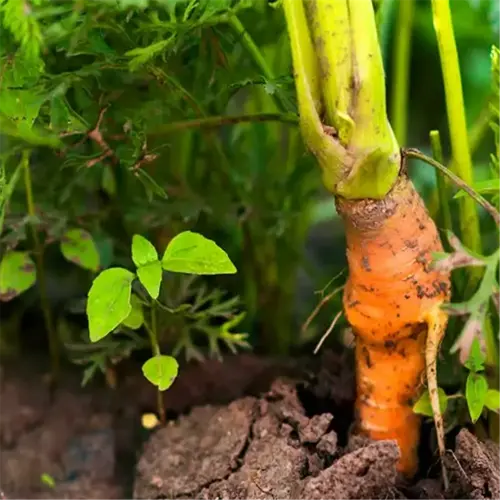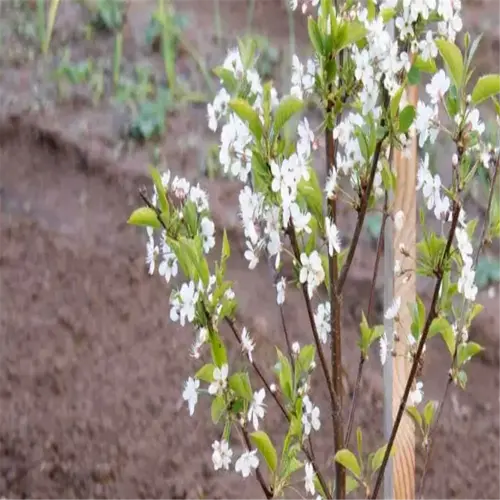Are chestnuts and hazelnuts the same?

Written by
Benjamin Miller
Reviewed by
Prof. Samuel Fitzgerald, Ph.D.While chestnuts and hazelnuts confuse beginners studying nuts, the diverging differences indicate separate growing practices. I learned this lesson the hard way for my hazelnut hedge I tried to develop from chestnut seedlings that grew 50 feet tall in my space meant for shrubs that grow 15 feet tall.
Growth Patterns
- Chestnut trees reach 40-60 feet tall
- Hazelnuts grow as shrubs/bushes
- Chestnut bark develops deep fissures
Nut Characteristics
- Chestnuts: Starchy, enclosed in spiny burs
- Hazelnuts: Oily, wrapped in leafy husks
- Chestnuts require roasting for sweetness
Harvest timelines vary significantly. Chestnuts drop burs in the fall, so you will want to wear heavy gloves when collecting them. Hazelnuts, on the other hand, are harvested earlier; the crop I harvest in Oregon is ready for collection by late August. There is also a difference in processing: chestnuts generally require a cold storage after harvest, hazelnuts can just be dried naturally in a mesh bag after harvest.
Chestnuts
- Refrigerate at 32°F with 90% humidity
- Consume within 3 months
- Freeze puree for year-round use
Hazelnuts
- Store shelled nuts in airtight containers
- Roast to extend shelf life
- Cold-press for oil within 6 months
The use of landscape ideas demonstrates their difference. I utilize chestnuts as giants to use as a windbreak, their trees blanket and protect livestock. Hazelnuts are used as edible hedgerows, which, besides edible nuts, also control erosion. Mixing the two provides biodiversity, just ensure they are 30+ feet apart for their growth needs.
Read the full article: How to Grow Chestnuts: A Complete Guide for Home Gardeners

